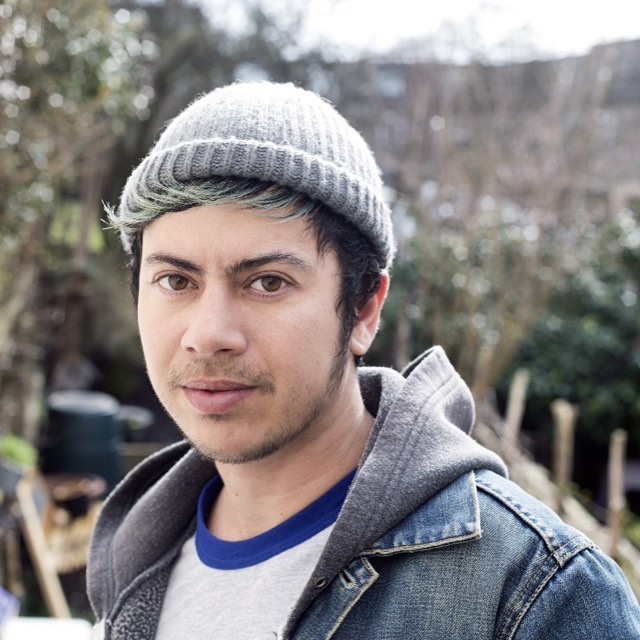Dr. Óttar Guðmundsson, the head of a trans health care team at the National University Hospital in Iceland, rejects allegations, that he and his team are making trans people reform to the old-fashioned and out dated ideas about gender roles, in order to get the health care they need. The criticism was put forward in a recently released video on trans health in Iceland.

“The team respects the criticism that is put forth in the video. We cannot comment on individual comments, but we disagree with a lot that is said in the video. All definitions of gender roles and gender identity have gone through massive changes in the last years, in both the trans community as well as the therapeutic community. We do our best to stay up to date about what’s happening, regarding these issues, and we are constantly learning. I feel it’s important to mention that we don’t demand that people take on “old fashioned” gender roles to commence the gender reassignment process,” he says.
In GayIceland’s interview with the director of video, British film-maker Fox Fisher, Fox stated that health care officials in Iceland are still using the outdated definition “gender identity disorder” to diagnose trans people, a term associated with mental disorder. Óttar however, says that is no longer the case.
“We don’t talk about gender identity disorder any more. We use the term gender dysphoria which is in accordance to the DSM-5 which was recently published,” says Óttar, referring to The new edition of Diagnostic and Statistical Manual of Mental Disorders.
“The team respects the criticism that is put forth in the video … but we disagree with a lot that is said … we don’t demand that people take on “old fashioned” gender roles to commence the … process.”
The fact still remains that trans is categorized as a mental disorder. Why has Iceland not changed that like some other countries, for example Denmark?
“We cannot answer that question,” says Óttar.
Meticulous diagnosis necessary
To be able to commence the gender reassignment process in Iceland, trans people first have to get a diagnosis within the health care system, which some say is leading to a certain medicalization of trans. Asked why is it that trans people can’t start the process, without needing to go through the health care system to get a diagnosis, Óttar’s answer is very clear.

“The Icelandic health care system is a social security system and in order to get service and treatment people have to have a diagnosis from a health care worker in any given case. A similar process is upheld in countries that we compare ourselves to and have a rather similar system,” says Óttar and adds that the process is designed to ensure the safety of those undergoing the gender reassignment process.
“The gender reassignment process is a complex and expensive operation. The most important thing is that people have no regrets because we are dealing with irredeemable changes. It’s extremely important that the diagnosis is meticulous, so that no one with a serious, untreated mental disorder or a serious, untreated personality disorder goes through this process. These disorders, if not treated, would make it impossible for anyone to go through with the gender reassignment process.”
No requirements to dress in a certain way
Trans people have criticized the fact that they have to spend six to twelve months in the preparatory process before being able to start the gender reassignment process. In the aforementioned video, they say that the process as a whole is too long and that the transition is very personal. Would it be possible to skip this preparatory process?
“The diagnosis process takes about six months in Iceland, like it does in Holland and Sweden, countries that we look to for example,” says Óttar. He adds that there are no requirements from the health care system to act or dress in a certain way during this process.
“We do not demand that people dress a certain way or change anything in their behavior during this time if they don’t wish to do so. But when people choose to change certain things it’s usually helpful in the diagnosis process and gives a clearer picture of where people are heading and about their expectations.”
Main photo: Pixabay.com


